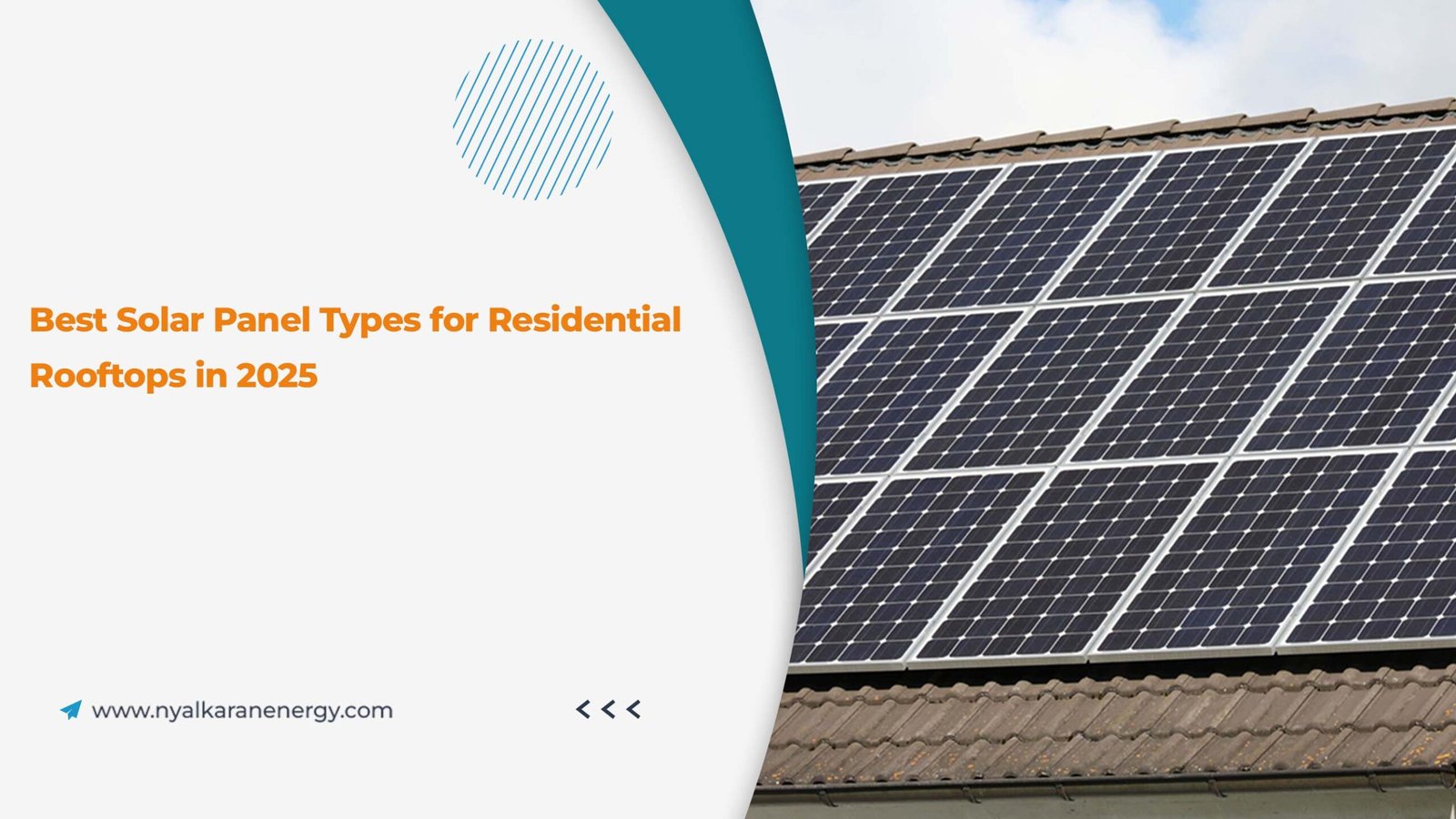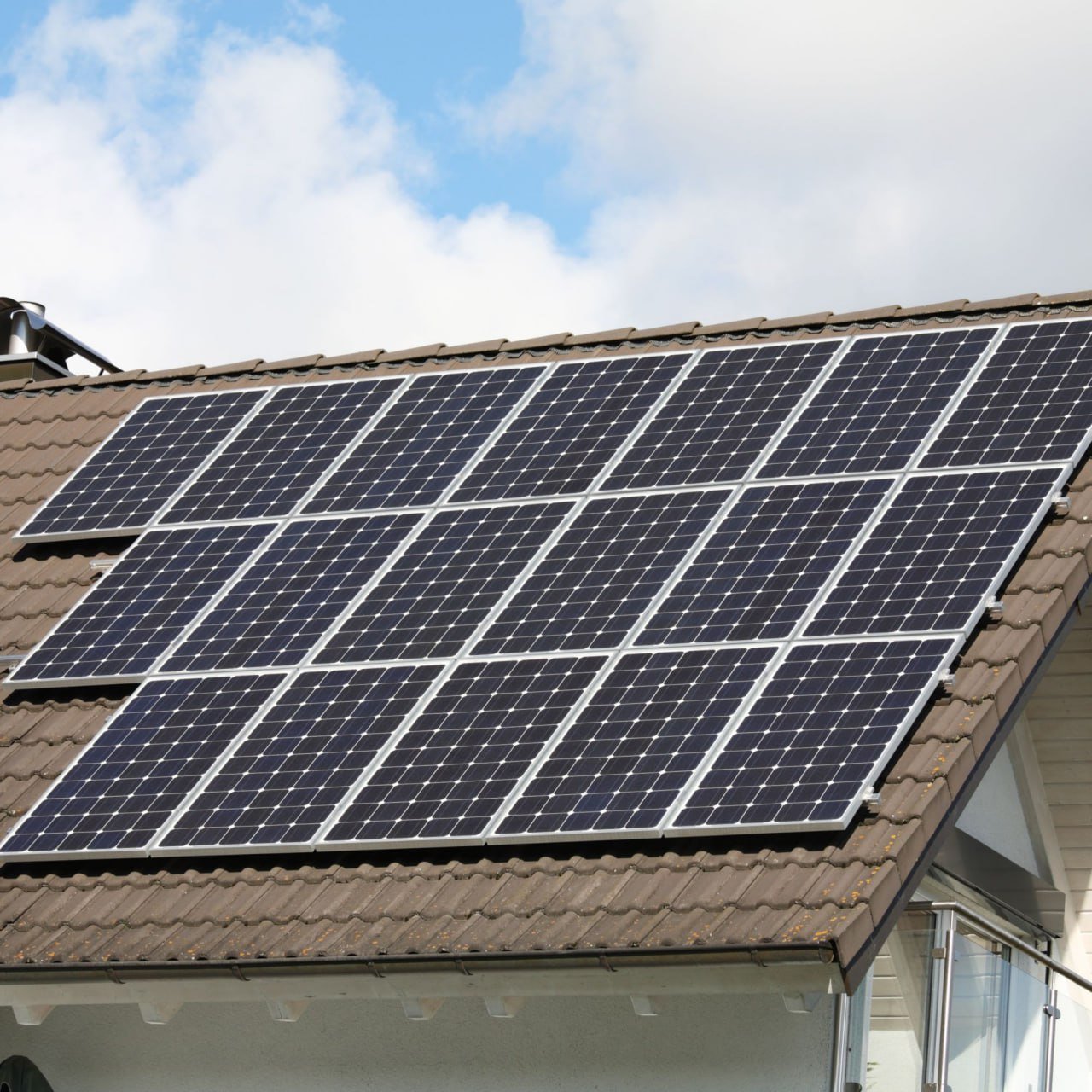
Investing in solar panels is a great move. You need to review the various types of solar panels available. The choice of residential rooftop will be perfect if you understand the different types of solar panels. The right solar system can help you save quite a lot of money. Read on to learn some of the best solar types for residential rooftops.
Monocrystalline Solar Panels
In homes all around the world, monocrystalline solar panels are one of the popular options people consider. Their sleek black appearance and great efficiency are a result of their single crystal construction of pure silicon.
You can rely on these solar panels if you want ones that last 30 to 40 years. The average efficiency also falls between 20% and 25%.
If your home has a limited roof area and the potential to function well even in low sunlight, you will witness these solar panels generate more electricity per square meter. You have to spend a lot of money from your pocket to witness the best of these panels.
Polycrystalline Solar Panels
Once upon a time, these panels were sold in huge numbers because of their affordability. These blue panels come as the result of melting many silicon crystals together. You can expect them to stay for like 25 to 30 years. They are marginally less efficient than monocrystalline panels, with an efficiency range of 18–21%.
Although they are less expensive, they require more space to generate the same amount of power. The negative aspect is that many top producers have stopped manufacturing Polycrystalline Solar Panels due to poor demand and performance, which also falls short of expectations.
The majority of them are currently in use. Although they helped many early adopters make the switch to solar, updated and improved technologies replaced them.
Thin Film Solar Panels
You’ll adore Thin-Film Solar Panels if you’re searching for a solar panel that is both manageable and lightweight. In contrast to the traditional solar panels, thin-film panels do not make use of thick silicon wafers. They use unique materials like the following.
cadmium telluride
copper indium gallium selenide.
They have an approximate efficiency of 17–19% and last 10–20 years. They are perfect for curved surfaces or roofs that cannot bear the weight of larger panels, and the reason is their flexibility. The following areas are where people make use of thin-film panels
- Mobile homes
- recreational vehicles
- Boats
- commercial buildings
They are less efficient. As a result, unless you have a large amount of space, they are not the ideal choice for powering an entire house. You should be aware of this fact before choosing this solar panel type. Their major benefits are cost and versatility, even though their lower power output limits their use in typical homes.
Transparent Solar Panels
A relatively recent and fascinating development in solar technology is the emergence of transparent solar panels. Due to their glass-like appearance, these panels can be used as windows, skylights, or even phone screens while generating electricity.
Currently, fully transparent models are only 1% efficient. On the other hand, semi-transparent models can achieve up to 20%. They are in use due to decreased energy costs in large buildings, such as offices and public areas.
With further study and advancement, transparent solar panels could eventually replace conventional windows as a sustainable source of energy. They are currently more of a futuristic concept than a practical home cure, though.

Solar Tiles
The purpose of solar tiles is to mix in with traditional roofing materials. Solar tiles are sometimes referred to as solar shingles or solar roofs. Usually constructed of monocrystalline silicon, they are created by integrating solar cells onto regular roof tiles.
Although they resemble ordinary roof tiles, solar roof tiles function similarly to solar panels. They’re fantastic if you want a more attractive, more fashionable appearance without large panels. Their lifespan of 25 to 30 years and 10% to 20% efficiency make them a good option, particularly in areas with strict building regulations. But here’s the thing: they cost about 50% more than regular solar panels and require more time to install. If your love for aesthetics is way higher than the importance you give to cost savings, you will love these tiles.
Perovskite Solar Panels
The most exciting new development in the solar industry is perovskite solar panels. . In order to create what is referred to as a tandem panel, silicon is coated with a synthetic substance called perovskite.
The panel can absorb more sunlight from various light spectrums due to this combination, which results in record-breaking efficiency levels of 29–31%. Some lab versions have gone above and beyond that. Perovskite panels are lightweight and have the maximum efficiency, but they are not yet commercially available for residential use
It may take a lot of years before they become publicly accessible and reasonably priced as they are still in the research stage. However, perovskite has the potential to completely transform solar energy in the future. This is so applicable for large-scale installations and solar farms.
Solar Panels’ Future
Solar technology is undergoing rapid advancement. Engineers and scientists are initiating fresh ideas to follow the following
- boost productivity
- cut expenses
- broaden the scope of solar applications.
Tiny particles called quantum dots have the potential to greatly increase energy capture, potentially reaching 66% efficiency in the future. Kesterite solar cells offer a more affordable and environmentally friendly option to existing technologies as they are manufactured from non-toxic and generally accessible materials.
By boosting power production, zombie solar cells made of dye-sensitized materials have shown surprising results after their intended lifespan.
The Final Words
Discovering these types will enable you to make an informed choice in selecting solar panels for your home. If you are looking for a reliable Residential Rooftop installation service, you should choose Nyalkaran Energy. They offer hassle-free service, which will let you be satisfied and save a lot on your electricity bill.
